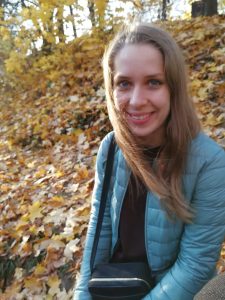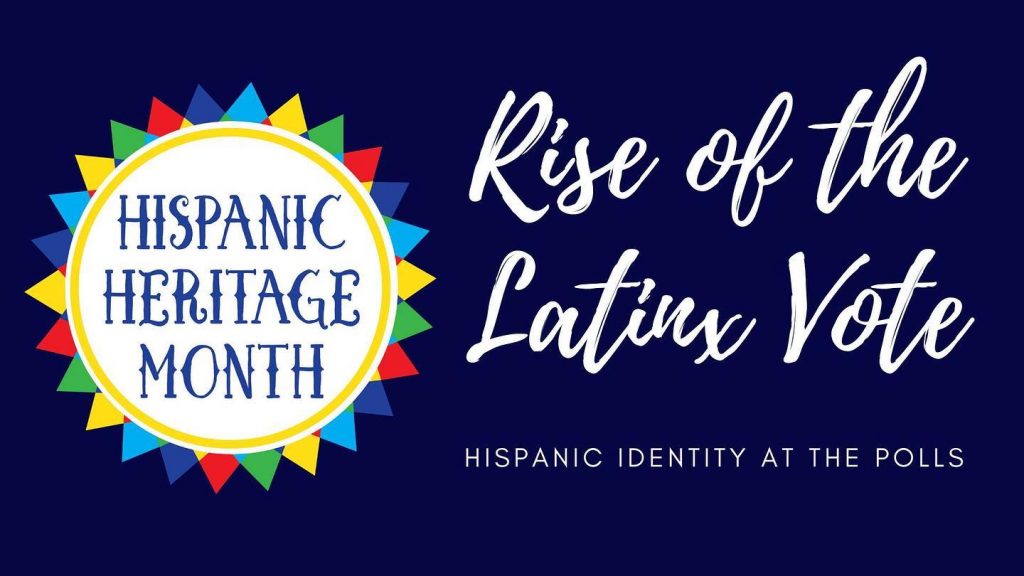
Contributed by Oxana Sidorova
As a fulfilment for my master’s thesis requirement in Latina/o and Latin American Studies, I am doing a research on indigenous language maintenance and the importance of language for cultural identity among the Coreguaje people of Colombia’s Amazonas region.[1] Additionally, I am collaborating with Coreguaje people in examining access to higher education in the United States for indigenous students from Colombia.
My original plan for the research included traveling to el resguardo Agua Negra, Caquetá, Colombia, and exploring educational practices and socio-cultural spaces in schools of the Coreguaje community. I imagined myself living in the community and doing field work, which was supposed to include general daily observations in el resguardo and interviews with community members about the Coreguaje linguistic and cultural environment. I was also planning to conduct daily community school and classroom observations, and analyze course and classroom materials and the general school environment. I proposed to do the interviews in person, with teachers, administrators, students, and parents, as well as with other community members, indigenous administrators, and community leaders.
Then came the COVID pandemic, which has made it impossible to meet my participants in person and do fieldwork in el resguardo.
Was there a way to conduct my research from Connecticut, adapting my research to a fully online mode? As I grapple with this challenge, my idea of fieldwork has been transformed: I have been collecting data through recorded video and audio interviews with Coreguaje community members via GoogleMeet, Skype, and WebEx, as well as through messages on WhatsApp. The conversations have involved, among others, Coreguaje community members living in Agua Negra and Florencia, towns located in Caquetá. Moreover, as a participant observer, I have taken part in online meetings of the group Memoria Ancestral, whose goals are addressing deculturation, detachment from indigenous ancestry, cultural and language loss, and the historical context of linguistic and cultural knowledge transmission. I have also watched recordings of indigenous online workshops and conferences. In order to triangulate interview data, I am using the recordings of online conferences organized by indigenous communities with Coreguaje participants, which allows me to see a broader contexts and issues related to the ones of my research that I have not considered myself. Similarly, the transcriptions of online group conversations with members of Coreguaje community about language and its role in both the everyday life and cultural maintenance of Coreguaje community help me find connections between the community’s perceptions of the language and identity and their implications and reflections in the personal lives of individuals. Additionally, documentary films about Coreguajes reflect the image of the community in the broader Colombian context as well as highlight what Coreguajes themselves find important to discuss about their culture. Finally, official documents and academic documents created in collaboration with the Coreguaje themselves reveal indigenous people’s own interpretations of the issues discussed, plus support decolonial approaches to doing research.
So far, I have interviewed three male members of the Coreguaje community, and I am hoping to get in touch with one or two Coreguaje women. Profesora Dennis Dussan from the Universidad de la Amazonía and her Coreguaje student, Elklin Piranga have introduced me to Coreguaje community members. I conducted interviews in Spanish and transcribed them for data analysis. Semi-structured interviews have lasted between one and two hours. My interviews are being shared with the Coreguaje community for future use in the form of relatoría (a collection of texts) on the topics of the research.
It is unfortunate that I could not travel to Colombian Amazon and do my research in person. I would have been able to learn so much more from my participants by being present in el resguardo. On the other hand, I feel lucky to have access to internet technology that makes it possible to get in touch with people remotely even in the Colombian Amazon. In spite of communication difficulties and technical challenges (power outages and bad internet connectivity), I have built good enough rapport with my participants to conduct good interviews. This gives me hope I can continue doing my research in person further at a doctorate level, when the COVID pandemic loses its power.
[1] Coreguaje is a Spanish term for Korébajü.


